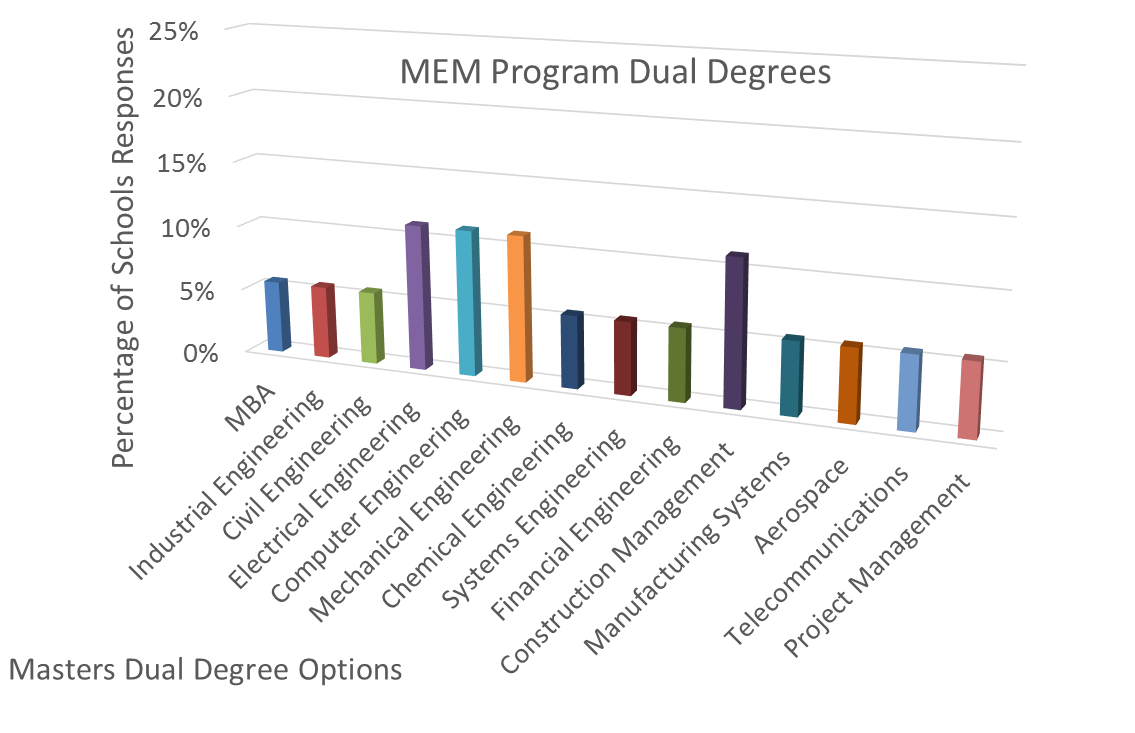
The salary of a professional engineer is influenced by a number of factors. The job type, the level of the job, and the function all influence compensation. Computer engineers have a median base salary of $97.797 per year, while geological and mining engineers are paid $90.070 each.
Computer engineers have a median salary of $97797 annually.
If you're looking to get a great career in a growing industry, consider becoming a computer engineer. Computer engineers are highly in demand and have many benefits. This industry is constantly evolving, so you'll have to be innovative and creative. You'll learn new things every day, and you'll enjoy the satisfaction of helping to develop new technologies. Computer engineers also enjoy a high level of flexibility.

An average base salary for mechanical engineers at $124,000 per annum
According to American Society of Mechanical Engineers, the 2016 median base salary of a mechanical engineering professional was $124,000. The average salary increase for experienced MEs has been 3 to 5% since 2013. For entry-level MEs, the median salary is $73,079. More than 9 out 10 employers offer health insurance for their ME full-time employees.
An average annual salary for agricultural engineers is $78,400
An agricultural engineer uses your knowledge of engineering technology, biology, and soil and conservation to find and implement solutions to problems that arise in farming. A variety of projects are undertaken by agricultural engineers, which include solving power problems and developing machinery to improve productivity. Agricultural engineers usually work full time. A bachelor's degree is required for most agricultural engineers. A typical salary for agricultural engineers in the United States is $78,400 per year. However, you may earn more if your state pays more.
The annual salary of mining and geoological engineers is $90,070
Mining and geological engineers are responsible for designing mines and extracting minerals from rock formations. They are responsible for determining the most efficient extraction methods and minimising the environmental impact of mining activities. They also perform safety inspections. Candidates for this position must have at minimum a bachelor's degree. The median annual salary for mining and geoological engineers was $97090 in May 2021. This figure is projected increase by 2 per cent over the next ten years.

The bridge between engineering, biology and electrical engineers is the role of an electrical engineer
A variety of fields include electrical engineering, biomedical and other. They work to develop technology that is safe and can be used in a variety of medical settings. Electrical engineers are often involved in the development of biological systems, including DNA. Biomedical engineers develop equipment that helps doctors diagnose conditions and treat illnesses, and bioelectrical engineers develop diagnostic and therapeutic devices for use in the field.
FAQ
How long does it take for an engineer to become?
There are several routes to engineering. Some people choose to study right away after graduating from high school. Others prefer to enroll in college.
Some students will start a degree program as soon as they graduate high school. Others will begin a two-year foundation degree course.
They could then pursue a three-year, or four-year, honors degree. Alternately, they might choose to get a master's.
It is important to consider your future plans once you have graduated. Are you looking to go into business or stay in education?
The length of time it takes to complete each stage varies depending on the university you attend and whether you're doing a full-time or part-time course.
But it's important that you remember that experience and how long it took you to get a particular qualification don't always have a direct correlation. Even though you may only have one year of college, this doesn't guarantee that you will be able to use all the skills required to work as an engineer.
What's the average hourly salary of engineers?
This can vary from person to person, and company to company. However, the average salary for an entry-level software engineer is around $60,000 per year. After you've worked for a while, your salary will rise to over $100,000.
Which engineering skill is most difficult?
The greatest engineering challenge is designing a system that is strong enough to withstand all types of failure, yet flexible enough for future changes.
This requires a lot of testing and iteration. It is also important to understand how the system should respond when something goes wrong. This is where you must ensure you aren't solving just one problem.
Engineering is a great career choice?
Engineering is a fun profession where you can always learn more and improve. It is possible to make a significant impact on people's lives. There are many ways to do it.
Designing products could include cars, planes and trains, as well as computers, phones and mobile phones. These devices could also be built or software developed by you. Perhaps you could create medical equipment. There are many options!
Engineers also love working with people to solve problems and come up with solutions. They are always on the lookout for new challenges and learning opportunities.
Engineering is a good career choice. However, it takes hard work and dedication. It's not just sitting around watching TV all day. You'll need to put in a lot of effort to get the desired results. The rewards are well worth the effort.
Statistics
- Job growth outlook through 2030: 9% (snhu.edu)
- 8% Civil engineers solve infrastructure problems. (snhu.edu)
External Links
How To
How to Use an Engineering Ruler
Engineers use an engineering ruler to measure distances. Since ancient times, engineers measure distances. Around 3000 BC, the world's first measured device was developed.
We still use rulers in the modern age, but their usage has changed. The most widely used type of ruler is the metric ruler. These rulers are marked in millimeters (1mm 0.039 inches). The most common shape of metric rulers is rectangular. They also come in many sizes. There are also millimeters and centimeters on some rulers. For example, 1 cm equals 2.54 mm.
Engineers will not be using traditional rulers. They would use a digital version, which measures in millimeters. It functions much the same as a regular digital gauge, but it has markings to correspond with different length units. Find out more information about them here.